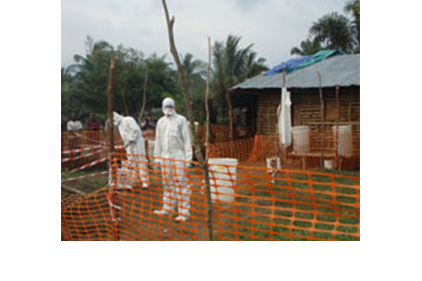100 people being screened for potential Ebola exposure in Texas

Tom Frieden, director for the Centers for Disease Control and Prevention, said so far they have identified a handful of individuals who may have come into contact with the patient, including members of his household.
He said that systems are in place to contain the spread of Ebola in the U.S., but said that there will always be a risk of someone contracting the disease until the outbreak in Africa is controlled.
"What we can do is minimize that risk, as is being done now in Dallas, by working to ensure that there are no more individuals exposed," he said during a conference call with reporters.
President Barack Obama on Thursday called Dallas Mayor Mike Rawlings to discuss the government's response to the Ebola case and ensure the city what it needs to contain the virus, the White House said Thursday.
"The president called to make sure the mayor was getting the resources he needed from the federal government, including the Centers for Disease Control, to treat the patient safely and control this case so that it does not spread widely," White House spokesman Eric Schultz said.
Dr. Frieden and others on the call urged hospitals around the country to ask patients whether they have traveled to West Africa and to carefully evaluate that information as they make their diagnosis.
But Dr. Frieden said that banning travel to and from those countries would make it harder to send help there.
"The best way to protect ourselves is not to try to seal off these countries, but to provide the kind of services that are needed, so the disease is contained there," he said.
Looking for a reprint of this article?
From high-res PDFs to custom plaques, order your copy today!






